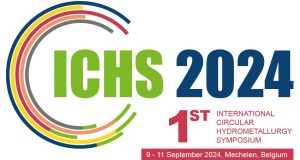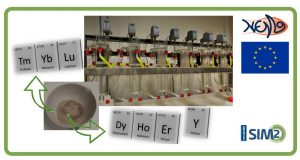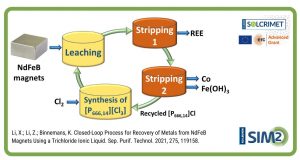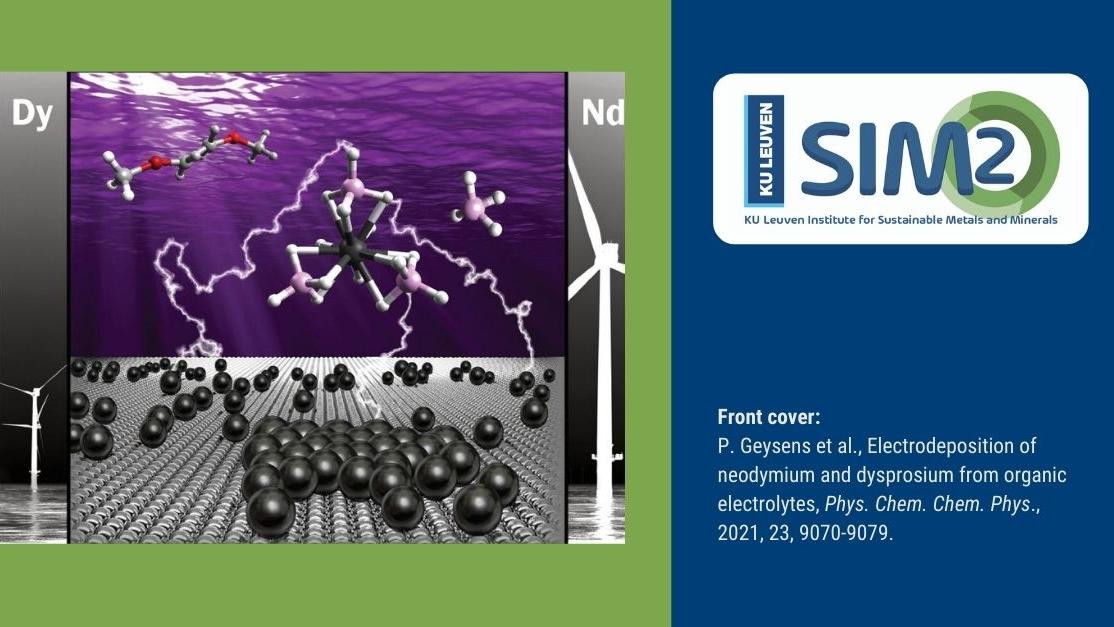In 2013 the EU Horizon FP7 EURARE project was initiated with as goal to develop sustainable exploitation schemes for Europe’s rare-earth ore deposits. Recently, an overview article was published in the Johnson Matthey Technology Review, which provides an update of the achieved results.
Europe’s rare earth deposits
Numerous European industries are heavily dependent on imported rare earth element (REE) raw materials. This has created a need for the European Union (EU) to ensure a sustainable supply of REE minerals, as well as develop from the ground up the currently non-existent European REE extraction and processing industry. In order to support this, the European Commission, through the Seventh Framework Programme (FP7) scheme, funded the EURARE project which runs from 1st January 2013 to 31st December 2017. Through the EURARE project, selected European REE deposits have been researched and in certain cases identified resources were successfully processed for REE production. Several REE deposits across Europe have been the focus of detailed geological field and laboratory work. Mineral concentrates obtained from the Norra Kärr deposit in Sweden, the Kringlerne deposit in Greenland and the Kvanefjeld deposit in Greenland, Rødberg ore from Norway and bauxite residue from Greece were tested from laboratory to pilot scale by means of conventional and innovative metallurgical processing. The novel technologies developed provide efficiency and selectivity in various steps of the metallurgical processing, from ore beneficiation to metal production. A road map for sustainable REE production in Europe is now being developed, which includes an evaluation of the environmental benefits and risks of the EURARE technologies.
Key date paper and authors
- Full reference: Balomenos, P. Davris, E. Deady, J. Yang, D. Panias, B. Friedrich, K. Binnemans, G. Seisenbaeva, C. Dittrich, P. Kalvig, I. Paspaliaris, The EURARE Project: Development of a Sustainable Exploitation Scheme for Europe’s Rare Earth Ore Deposits, Johnson Matthey Technology Review, 61, 142–153 (2017) – Download here.
- Link to EURARE project: http://www.eurare.eu/

 European Training Network for the Design and Recycling of Rare-Earth Permanent Magnet Motors and Generators in Hybrid and Full Electric Vehicles (DEMETER)
European Training Network for the Design and Recycling of Rare-Earth Permanent Magnet Motors and Generators in Hybrid and Full Electric Vehicles (DEMETER)



